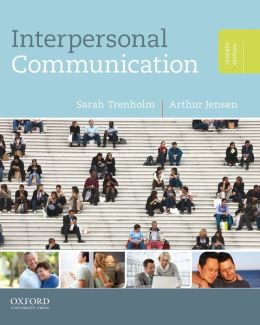I Seriously Love Speech Therapy
I had a semester long internship at a place called the Abilities Center. Here is where I first made the decision I want to work with children with special needs. I went to observe there four days a week for three hours each session. This allowed me to see an extremely vast variety of children and cases. I absolutely fell in love with the children. This internship really set apart this career for me because I realized how vital communication is.
Imagine not being able to communicate your thoughts, needs, and feelings. This inability must be the most frustrating feeling. I saw the struggle in these children, but instead of anger they were determined. I learned more then just my love of working with these children, I also learned a bunch about my possible career.
Some really important skills I learned included:
- How to use different communication devices
- Uses of iPads to communicate
- Different tests used to help determine struggle area
- Some hand motion used for communication
- Various speech techniques
What you learn in school is important, but not usually applicable. All these children are different and there is no way to teach how to handle all these different personalities. Let the client play,because through play work can be done, and this is entirely a different set of skills. 

This impacted me. It opened my eyes to see that I should do my best in school, but continue to work with children in order to keep up both set of skills. I want nothing more then to be great at my job, to improve these children life's. I now see in order to achieve this goal, I must work to be great in all areas of my field.

